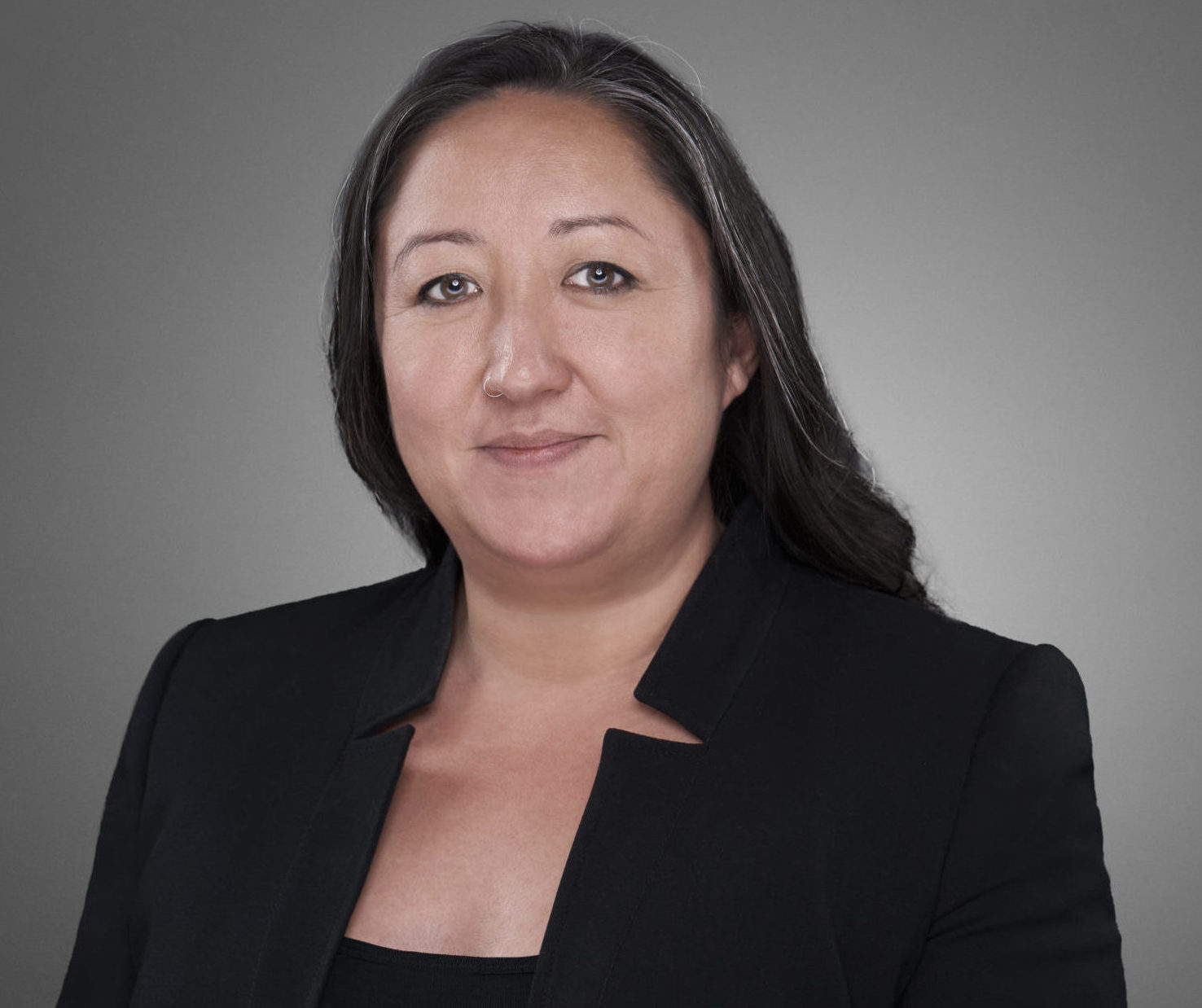SCOTUS Deals a Blow to Language Access Rights and Emotional Distress Damages
On April 28, 2022, the Supreme Court decided the case of Cummins v. Premier Rehab Keller, concerning an individual who requested that her physical therapist obtain an American Sign Language (ASL) interpreter to communicate with her. The plaintiff in this case was both deaf and visually impaired. The physical therapist, who presumably obtained funds through Medicare and Medicaid, declined to obtain an interpreter, insisting the patient would be able to get through physical therapy without one.
This is an issue very close to my heart. As the Director of the Civil Rights Initiative at Legal Services NYC, I was charged with, among other things, fighting for the language access rights of low-income New Yorkers with limited English proficiency – including ASL interpreters. This included litigating against New York City agencies that failed to provide interpretation services (including the NYPD), as well as creating and providing training for various service providers on how to provide language access. Much language access law comes from Title VI of the Civil Rights Act of 1964 (prohibiting national origin discrimination) and the Rehabilitation Act (prohibiting disability discrimination), which are both federal laws that place requirements on federal agencies and federal contractors. In essence, when an entity agrees to receive federal funds, it agrees to abide by certain federal requirements, including those contained in Title VI and the Rehabilitation Act.
In Cummins, one question presented to the Court was what damages someone could receive for suing to enforce the Rehabilitation Act against a federal contractor. In the case of Ms. Cummins, her damages were in the form of emotional distress. Being denied interpretation services can cause severe stress – imagine trying to communicate important information to a doctor, pharmacist, judge, police officer, or lawyer who does not speak your language. Often, these kinds of interactions are humiliating – people will speak about you directly in front of you in a language you don’t understand (as frequently occurs in law enforcement and health care contexts where an interpreter is not available) and sometimes people will outright mock one’s attempts to communicate without an interpreter. Indeed, many of my clients have experienced exactly this and the effects can be severe and long-lasting. People may be deterred in the future from attempting to obtain health care, police protection, or legal services again.
Normally, emotional distress that results from unlawful discrimination (say, discrimination in housing or employment) can be recovered financially in a successful lawsuit. The Supreme Court has now held, however, that emotional distress damages are not available for suits brought pursuant to the Rehabilitation Act (and, by analogy, Titles VI of the Civil Rights Act of 1964). This is a huge blow to the ability of people who need an interpreter to enforce their language access rights from a recipient of federal funds – many of the most important institutions people need to communicate with, like hospitals and the police, are such recipients. Without the ability to recover emotional distress damages, however, there will be very little incentive to go through the time consuming and expensive trials and tribulations of litigation.
The outcome in Cummins is unfortunate for people who, whether because they are immigrants or deaf and hard of hearing, rely on the interpretation services supposedly required by federal law. Without the ability to enforce these requirements, people are left with few remedies. However, certain jurisdictions have their own language access laws, including New York State and City which, collectively, require public-facing city agencies (including public schools, when interacting with LEP parents), as well as hospitals and pharmacies, to provide language access services to members of the public. For more information, visit the federal language access portal (www.lep.gov) or the disability and language page of the New York City Mayor’s Office of Immigrant Affairs.
 This article is intended as a general discussion of these issues only and is not to be considered legal advice or relied upon. For more information, please contact RPJ Attorney Christine Clarke who counsels clients on employment, labor, healthcare, housing, and civil rights law, as well as legal compliance for non-profit organizations; First Amendment free speech and constitutional due process claims; and discrimination dispute resolution and prevention training. Ms. Clarke is admitted to practice law in New York, as well as the U.S. District Courts in the Southern and Eastern Districts of New York, the Second Circuit Court of Appeals, and the United States Supreme Court. Attorney Advertising.
This article is intended as a general discussion of these issues only and is not to be considered legal advice or relied upon. For more information, please contact RPJ Attorney Christine Clarke who counsels clients on employment, labor, healthcare, housing, and civil rights law, as well as legal compliance for non-profit organizations; First Amendment free speech and constitutional due process claims; and discrimination dispute resolution and prevention training. Ms. Clarke is admitted to practice law in New York, as well as the U.S. District Courts in the Southern and Eastern Districts of New York, the Second Circuit Court of Appeals, and the United States Supreme Court. Attorney Advertising.
